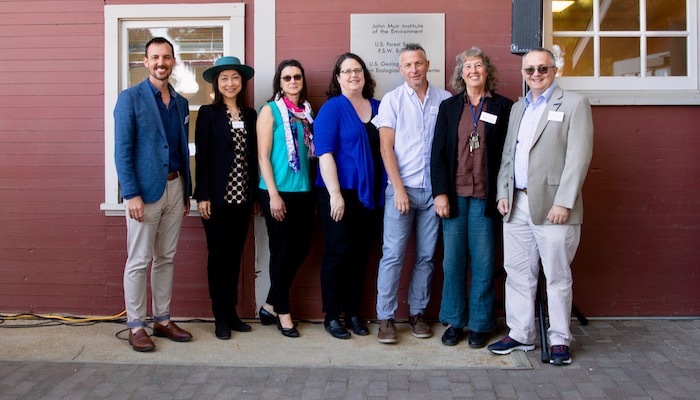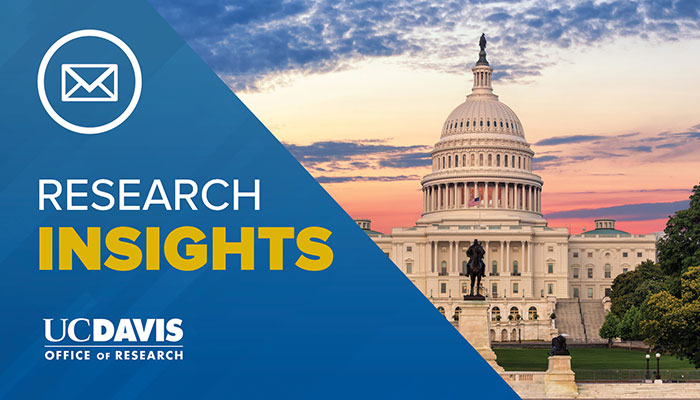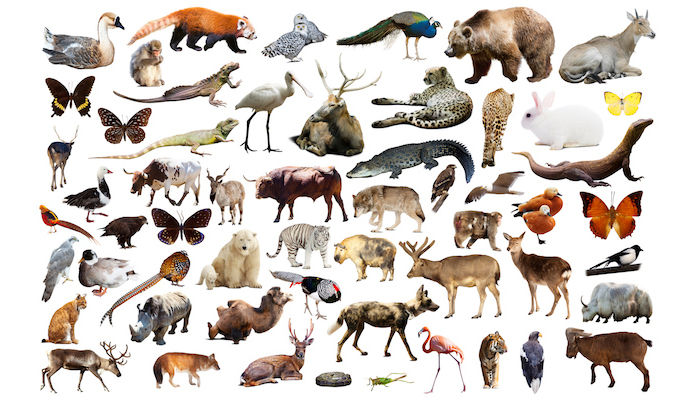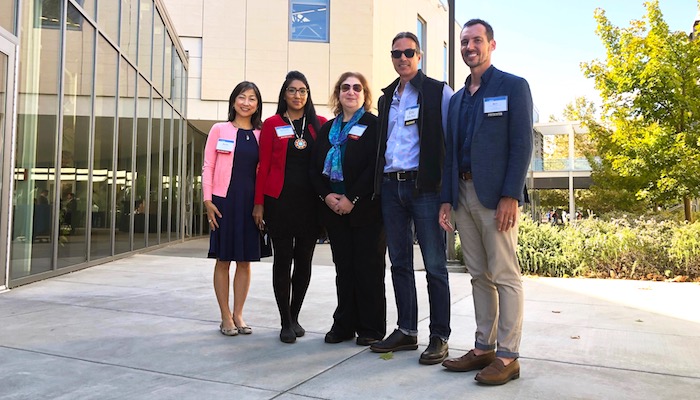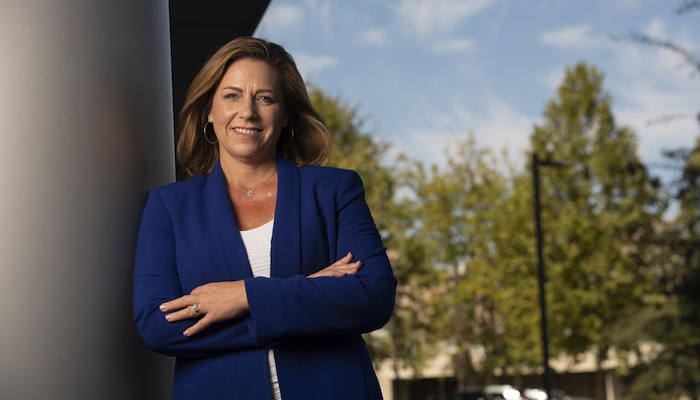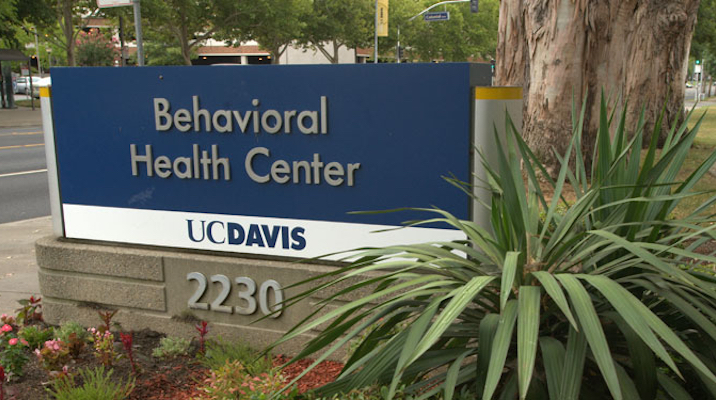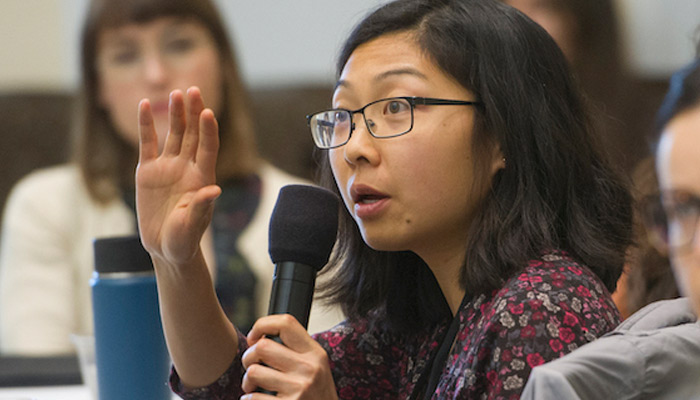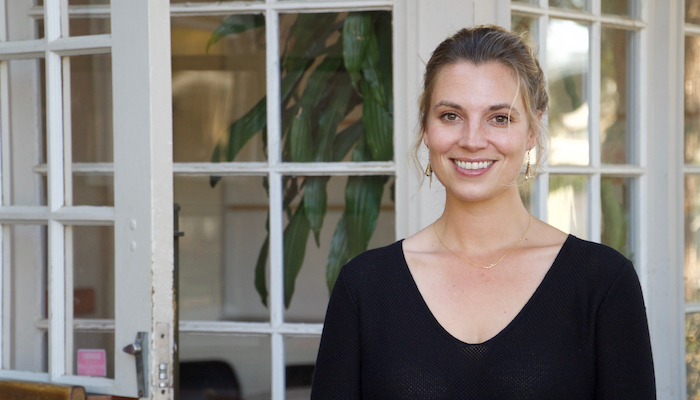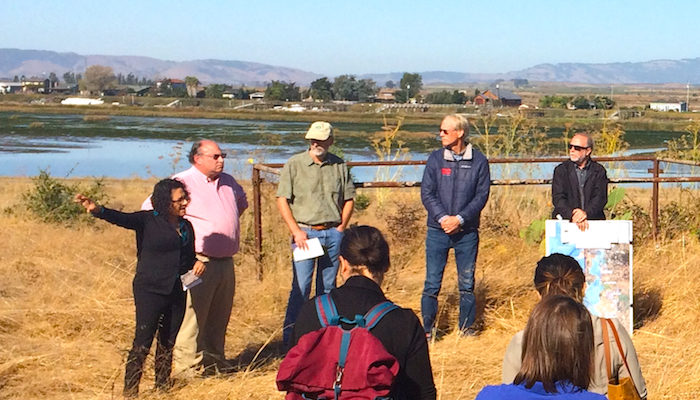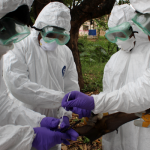Muir Institute Fellows Exemplify Wide Range of Disciplines Tackling Climate Change at UC Davis
By Lisa Howard
The John Muir Institute of the Environment at University of California, Davis, announced the selection of the 2019 Muir Institute Fellows during its annual open house on October 1 at The Barn.
Launched in 2017, the program recognizes exemplary UC Davis faculty and staff whose career and research epitomizes the mission of the Muir Institute: Discover. Research. Solve. Each recipient receives $5,000 to help seed their research.
“The UC Davis Muir Institute is uniquely equipped to accelerate practical climate solutions, with internationally renowned researchers at the forefront of every discipline needed to tackle the challenge,” said Ben Houlton, the institute’s director and a professor in the Department of Land, Air and Water Resources.
“Our newest class of fellows have generated innovations and real-world benefits in the areas of corporate finance, socially responsible investments, and sustainable development and more, which match perfectly the core values and mission of the Muir Institute,” said Houlton.
Areas of research for the 2019 Fellows include: understanding the consequences of ocean acidification and climate change on coastal communities and marine life; restoration of floodplains in California and abroad; impact investing, climate finance, and socially responsible investment; soil health, carbon sequestration, nutrient cycling, and greenhouse gas emissions in agroecosystems; biophysical processes and interactions that inform crop decisions. The 2019 Muir Institute Fellows are:
- Tessa Hill is a professor in the Department of Earth and Planetary Sciences, and associate director of the Coastal and Marine Sciences Institute. She is resident at Bodega Marine Laboratory, where her research focuses on climate change in the past and present and understanding the response of marine species to environmental perturbation. Tessa is deeply invested in cogeneration of research ideas with stakeholders and decision makers to understand the consequences of ocean acidification and climate change on coastal communities.
- Carson Jeffres is a research ecologist at the Center for Watershed Sciences. His research seeks to use physical process and ecosystem function to better understand ecological processes of aquatic ecosystems. His current work on floodplains in California is helping to guide management and restoration of floodplains throughout California and abroad.
- Mark Lubell is a professor in the Department of Environmental Science and Policy and the director of the UC Davis Center for Environmental Policy and Behavior. His research focuses on human behavior and the role of governance institutions in solving collective action problems and facilitating cooperation. He is currently working on sea level rise adaptation, agricultural nitrogen management, and sustainable groundwater management.
- Majdi Abou Najm is an assistant professor in the Department of Land, Air and Water Resources. His work explores the biophysical processes and interactions along the water, soil, plant and atmosphere systems to build decision-support tools and aid informed-management decisions affecting crop production and resource use.
- Kate Scow is distinguished professor of Soil Science and Microbial Ecology in the Department of Land, Air and Water Resources, director of the Russell Ranch Sustainable Agriculture Facility, and chair of the International Agricultural Development Graduate Group. She investigates soil microbial communities and their roles in soil health, carbon sequestration, nutrient cycling, and greenhouse gas emissions in agroecosystems. She also collaborates with researchers and farmers in Uganda on small-scale irrigation, soil health and gender.
- Laura S. Van Winkle is a professor in the Department of Anatomy, Physiology and Cell Biology in the School of Veterinary Medicine. Her research looks at the effects of environmental pollution on the lung, including how exposure to lung toxicants leads to lung disease and alters normal lung biology. Pollutants under investigation include: ozone, allergens, tobacco smoke, particulate matter, bisphenol A and polycyclic aromatic hydrocarbons such as naphthalene.
- Ayako Yasuda is a professor of finance in the UC Davis Graduate School of Management. Her research interests include impact investing, climate finance, and socially responsible investment. In her recent project on impact investing, she demonstrates that investors are willing to pay for positive environmental (and social) impact by accepting lower financial returns when investing in impact funds.
About the Muir Institute
The Muir Institute is spearheading the development of sustainable and innovative solutions to preserve the availability of water, energy and food, and to protect regional ecosystems. We drive collaboration between world-renowned experts at the environmental-health-climate nexus with policy makers, industry partners and partner institutions. Together, we identify actionable insights and solutions to apply to policy, commercial products and human behavior.
Contact
- Sara L. Nichols, John Muir Institute of the Environment, [email protected],
(530) 754-7398
Resources
- John Muir Institute of the Environment
- Meet the 2018 Class of Muir Institute Fellows who are Solving Real-world Environmental Problems
- Muir Institute Selects Fellows to Further Its Environmental Mission
Latest News & Events

